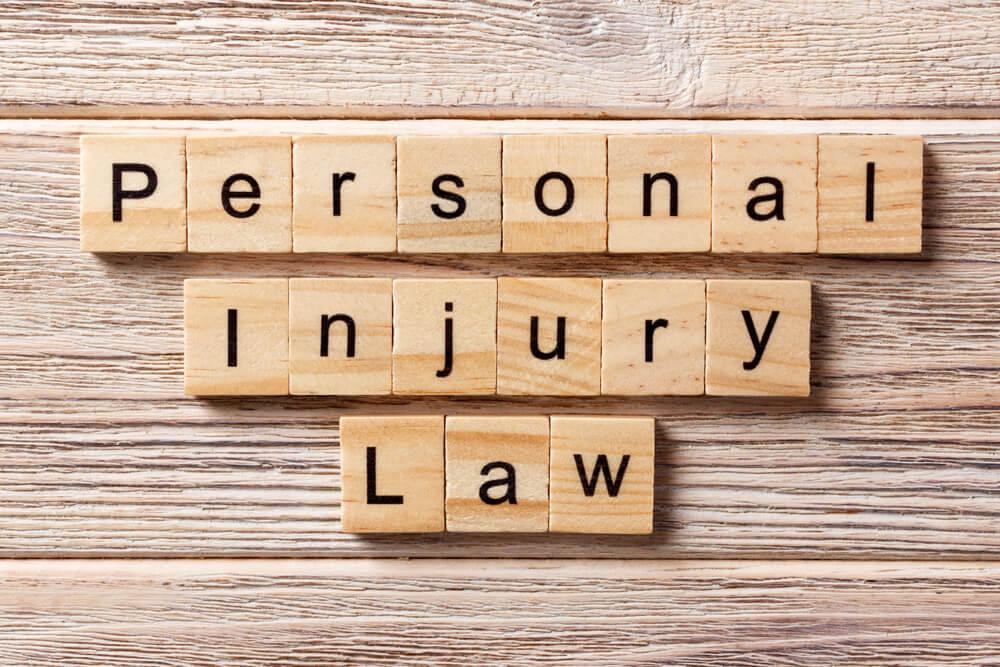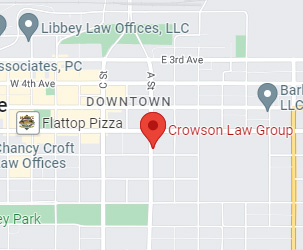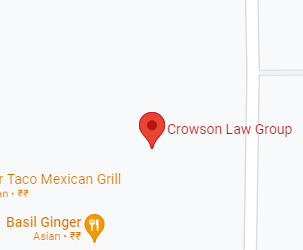Common Terms You’ll Hear in a Personal Injury Case

When bringing a personal injury case, you realize that understanding the terminology is like deciphering a secret code. Each word carries its significance, and your ability to grasp these terms can make all the difference in your pursuit of justice. Whether you are the plaintiff seeking compensation or the defendant facing allegations, a clear understanding of these terms is paramount. This article is your guide to deciphering these terms, from the moment you file a lawsuit to the intricacies of the case itself.
Lawsuit Terms
Below are the fundamental terms you will encounter when you initiate a personal injury lawsuit:
- Plaintiff– You are the protagonist in this legal drama, bringing the lawsuit. You are the plaintiff if you have slipped and fallen at a grocery store and decided to seek justice.
- Complaint– This is where your journey begins. The complaint is your voice in the justice system, formally expressing your grievances.
- Prayer for Relief – Within the complaint, you’ll find this phrase. It’s a fancy way of saying it contains information about how much you seek compensation.
- Defendant– On the opposing side stands the defendant, the party you allege is responsible for your injuries. In your case, it’s the grocery store.
- Answer– Once the complaint is filed, the defendant responds with an answer, officially stating their position on the allegations.
Terms Regarding The Nature and Validity of a Personal Injury Case
The following are terminologies that pertain to the nature and validity of your personal injury case:
- Statute of Limitations– This is your temporal boundary. It dictates the timeframe within which you can claim damages. Depending on various factors and your state’s laws, it can range from one year to a decade.
- Torts and Intentional Torts are wrongful acts that are not crimes or contract breaches, forming the foundation of your lawsuit. Negligence, wrongful death, libel, and slander all fall into this category. Intentional torts are deliberate wrongful acts that can also be crimes.
- Negligence– This is a critical term in personal injury cases. It arises from carelessness or a failure to act reasonably, causing harm to others. It is built on four elements, including:
- Duty,
- Breach,
- Causation, and
- Damages.
- Burden of Proof– It is your responsibility to prove your claims. In personal injury cases, it is typically a preponderance of the evidence, meaning you or your attorneys in Anchorage, Alaska, must show that it is more likely than not that the defendant is liable.
- Strict Liability– This legal theory imposes liability regardless of fault, often seen in defective product cases. It shifts the burden of proof to the defendant.
- Damages– The heart of your pursuit, damages are the monetary compensation you seek. They come in two forms
- Economic damages that cater to quantifiable expenses.
- Non-economic damages for the less quantifiable, including pain and suffering.
- Comparative Fault/Contributory Negligence– This concept can affect your compensation. It considers how much you might be at fault for your injuries. In some states, your award can be reduced in proportion to your fault, while in others, your negligence could bar you from any compensation.
- No-Fault– This is commonly applied in auto accident cases. It mandates that every auto owner have personal injury protection (PIP) insurance, and you seek compensation from your insurance rather than suing unless injuries cross certain thresholds.
In personal injury law, these terms are your guiding lights. They provide clarity as you navigate the complexities of a lawsuit, ensuring you have a solid grasp of the language that shapes your pursuit of justice. So, armed with this knowledge, whether you are in Anchorage, Alaska, or elsewhere, you can embark on your legal journey with confidence and understanding.


